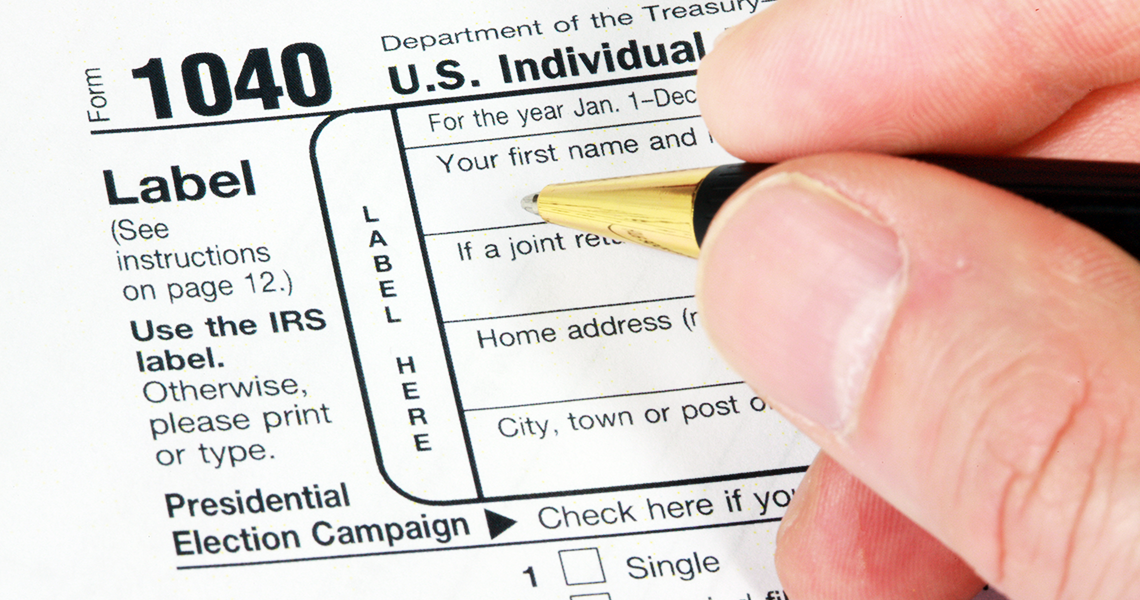
Tax returns have long been an important part of the mortgage underwriting process, particularly for self-employed borrowers which the mortgage industry generally determines to be anyone with a 25% or greater ownership in a business. This is one of the first items an underwriter will look for on the respective form or schedule (for example, Schedules E and K1). The underwriter will begin to analyze the business for such factors as stability of income, location and nature of the business, demand for the product or service provided, financial strength, and the ability to continue generating sufficient income to pay the mortgage.
Underwriting guidelines usually require a self-employed borrower to have been in business for at least two years. There are some instances when a shorter time is allowable, but never less than 12 months. Underwriters may look in more detail at the balance sheet of the business, the owner/partner capital account, and the income reconciliation to determine if the borrower is increasing an equity position or drawing the maximum out of the business each year. Underwriters will generally look favorably on a business where the accountant is involved and can opine as to the seasonality or other reasons for variable cash flow which might not be explained merely by reviewing the tax returns. The account will also be able to explain the borrower’s business more effectively to a lender, if necessary, and possibly make the difference between getting a loan or not getting one.
The increased access to and focus on tax return analysis has been one of the many changes that has taken place in the mortgage industry over the past few years.



